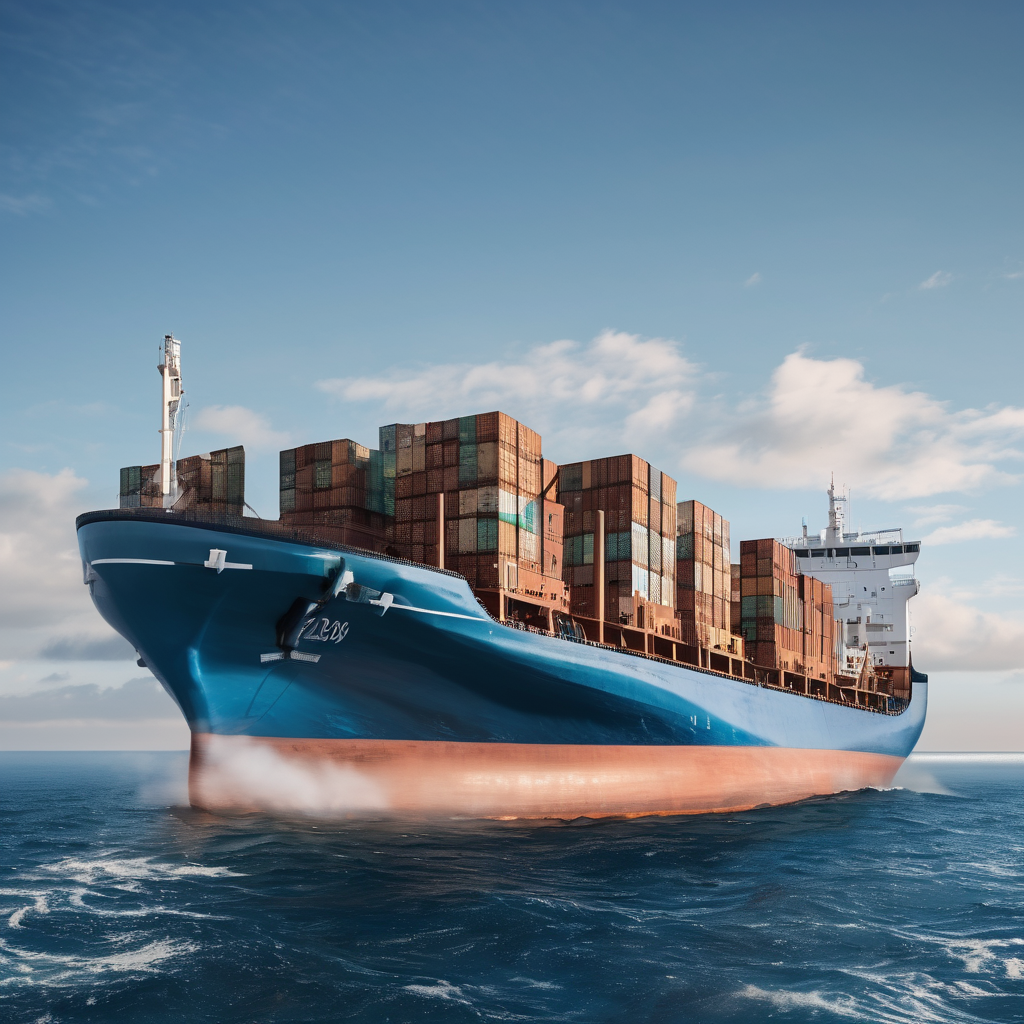The International Maritime Organization (IMO), part of the United Nations, has gathered in London for a vital meeting focused on the adoption of an innovative framework aimed at reducing greenhouse gas emissions from international shipping. This framework, which emerged after extensive discussions and received draft approval earlier in the year, includes proposals for mandatory global fuel standards and a pricing system for greenhouse gas emissions associated with maritime transportation.
Shipping currently accounts for about 80 percent of global trade and nearly three percent of worldwide emissions. The framework aims for the maritime sector to achieve net-zero emissions by 2050, a goal that IMO Secretary-General Arsenio Dominguez describes as essential for contemporary shipping practices.
Dominguez acknowledged the diverse viewpoints surrounding the framework, recognizing that while some countries consider the measures overly ambitious, others believe they fall short. “The IMO Net-Zero Framework is not perfect,” he stated, emphasizing that it offers a solid foundation for future initiatives, with plans for potential implementation by 2027. He urged delegates to engage in respectful discussions, highlighting the necessity of unity in tackling climate challenges within the sector.
The ongoing talks are part of the Marine Environment Protection Committee’s session, which will continue through the week, culminating in a vote that could lead to amendments in the key international treaty governing shipping emissions. Should it be approved, these regulations would impact all ocean-going vessels over 5,000 gross tons, which represent about 85 percent of emissions from the shipping industry.
As proposed, ships would progressively move away from carbon-intensive fuels, incurring fees for emissions that exceed established limits. The revenue generated from these efforts would contribute to financing the transition to cleaner energy and assist developing nations in coping with climate-related impacts.
However, the framework has encountered significant opposition from the United States. U.S. officials have expressed concerns that it could function like a global carbon tax, potentially increasing shipping costs by over 10 percent and burdening consumers. The U.S. has also indicated it might impose penalties on countries that support the proposal, highlighting potential geopolitical tensions over climate policies.
In contrast, smaller nations and coalitions, including the Marshall Islands and Pacific Islands, have been vocal advocates for strong frameworks to ensure the fair implementation of emissions standards. They are keen to ensure that developing countries are not left behind as the shipping industry moves towards modernization and seeks to mitigate its environmental footprint.
This debate signifies a pivotal moment in the collective efforts for global climate action, accentuating the importance of collaborative approaches that reconcile environmental responsibility with the economic realities faced by nations. The outcomes from this week’s deliberations at the IMO could establish a transformative precedent for maritime regulations, paving the way for a more sustainable future in global shipping.
